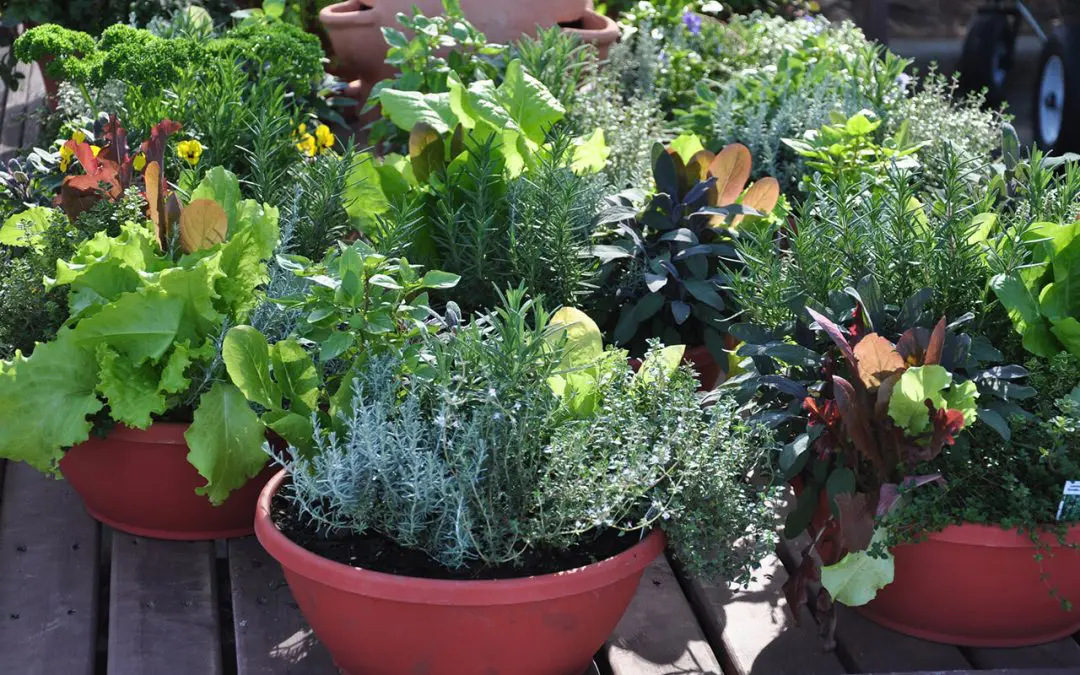In a world where green spaces are increasingly scarce and urban living dominates the landscape, people are turning to container gardening. Growing plants in containers is the perfect solution for gardeners with minimal outdoor space who want to grow flowers, fruits, vegetables, and herbs.
The Essence of Container Gardening
Container gardening is exactly what it sounds like: growing plants in containers rather than traditional garden beds. From window boxes and hanging baskets to terracotta pots and repurposed crates, the possibilities are limited only by one’s imagination. This versatile approach allows plants to flourish in constrained spaces, making it ideal for balconies, patios, rooftops, and even indoor settings.
Why Container Gardening?
1. Space Maximization
Urban dwellers often face the challenge of limited space. Container gardening provides a solution by effectively using vertical and horizontal surfaces. With a well-planned layout, you can transform even the smallest nook into a thriving green oasis.
2. Accessibility
Unlike traditional gardening, which requires ample outdoor space, container gardening is accessible to anyone, regardless of living situation. Whether you reside in a high-rise apartment or a suburban home, you can easily embark on your gardening journey with a few containers and a sunny spot.
3. Versatility
Container gardening transcends geographical boundaries and climatic conditions. Whether you dream of cultivating vibrant flowers, fragrant herbs, or fresh vegetables, there’s a container gardening solution for every aspiration. Plus, containers can be easily moved, allowing you to adapt to changing seasons or aesthetic preferences.
4. Minimal Maintenance
Container gardening offers a low-maintenance alternative for busy individuals or those with limited gardening experience. With proper watering, fertilizing, and occasional pruning, container plants can thrive with minimal effort, making them an excellent choice for those with busy lifestyles.
5. Aesthetic Appeal
Beyond their practical benefits, container gardens enhance the aesthetic appeal of any space. Whether you prefer a lush, jungle-inspired arrangement or a minimalist display of succulents, container gardening allows you to express your creativity and infuse your surroundings with natural beauty.
Getting Started
1. Choose the Right Containers
Select containers that suit your plants’ needs in terms of size, drainage, and material. Ensure that each container has sufficient drainage holes to prevent waterlogging, which can lead to root rot.
2. Select Suitable Plants
Consider factors such as sunlight exposure, climate, and available space when choosing plants for your container garden. Opt for varieties that thrive in your specific conditions, whether you’re cultivating sun-loving flowers, shade-tolerant ferns, or drought-resistant succulents.
3. Provide Proper Care
Regular watering, fertilizing, and monitoring for pests and diseases are essential aspects of gardening in containers. Be attentive to your plants’ needs and adjust your care routine accordingly to promote healthy growth and longevity.
4. Experiment and Enjoy
Gardening is as much about experimentation and discovery as it is about cultivation. Don’t be afraid to mix and match different plants, colors, and textures to create visually stunning arrangements. Embrace the process of nurturing life and relish the joy of watching your garden thrive.
In a fast-paced urban landscape, container gardening offers a way to reconnect with nature, regardless of where you call home. Whether you’re a seasoned gardener or a curious novice, container gardening makes growing produce accessible to everyone.
FAQs
What types of containers can be used for gardening?
Various containers such as window boxes, hanging baskets, terracotta pots, and repurposed crates can be utilized for container gardening, offering versatility in design and placement.
What types of plants are suitable for containers?
Various plants, including flowers, herbs, vegetables, and succulents, can thrive in container gardens, offering a wide range of options for cultivation based on personal preferences and environmental conditions.
How can individuals adapt their gardens to changing seasons?
Containers can be easily moved, allowing individuals to adapt their container gardens to changing seasons or environmental conditions by adjusting placement and plant selection accordingly.
What are some common challenges associated with container gardening?
Challenges such as overwatering, under-fertilizing, and pest infestations may arise in container gardening, requiring vigilance and proactive measures to address and mitigate these issues.
Prudent Home Inspections provides inspection services to homebuyers and sellers in the Washington, DC area. Contact us to schedule an appointment.
